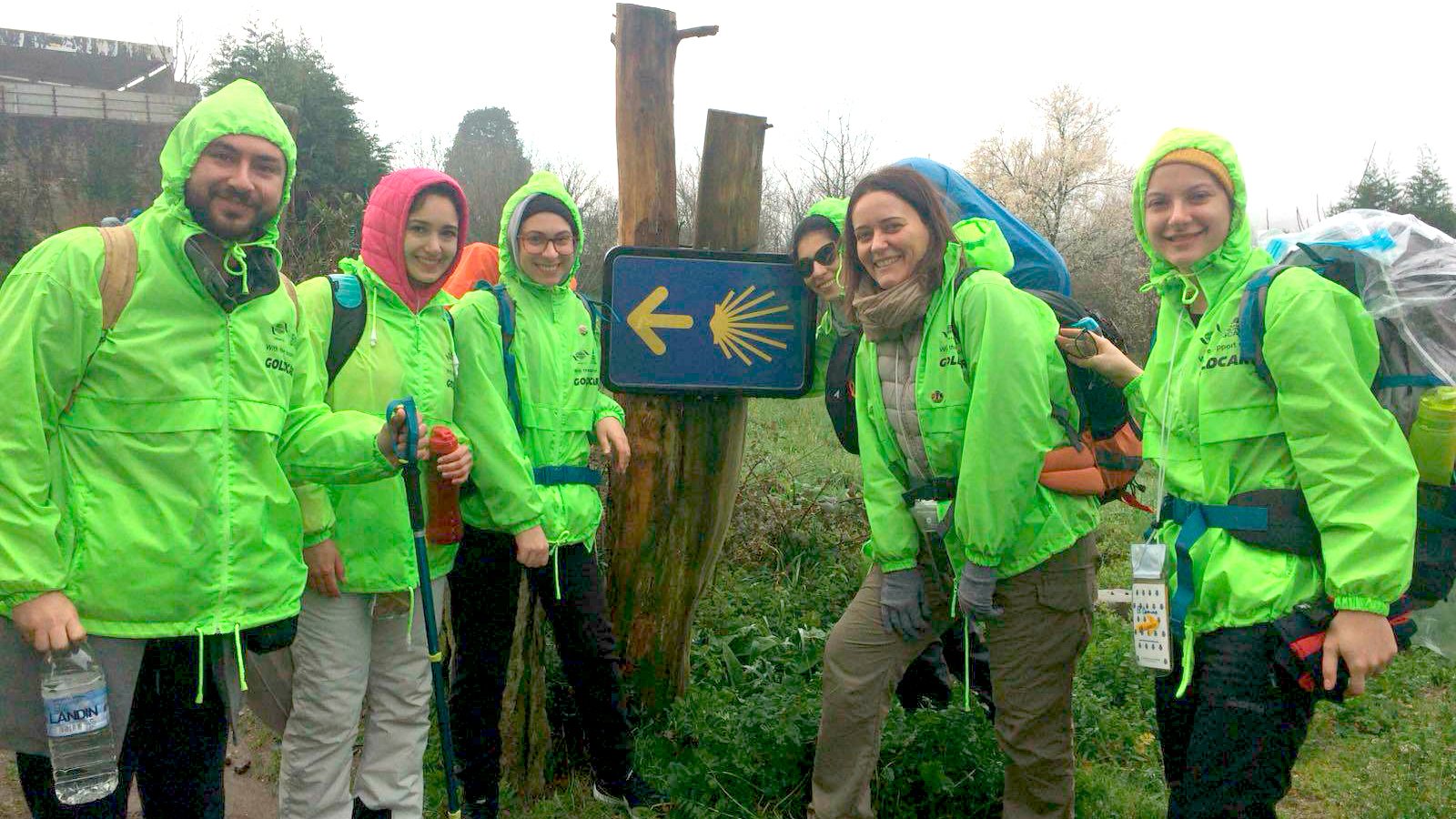The University of Minho Law School (Human Rights Master) is participating in the I INTERNATIONAL UNIVERSITY FORUM “HUMAN RIGHTS ON THE CAMINO DE SANTIAGO” Santiago de Compostela, March 2018.
The event gathers 125 university students from 25 Universities of 5 continents, and 25 professors of member Universities.
This is a joint cultural and academic activity which main aim is:
- To study and analyse the human rights emerged from the Camino de Santiago as a creator of the
- European citizenship and its relationship with the Sustainable Development Goals (SDG);
- To think about the European identity, the values that define it as the origin of Western Culture and its international projection (America, Oceania and other countries with a humanist tradition);
- To maintain the Camino de Santiago as an experiential process of harmony, hospitality and respect for rights and freedoms, expression of peoples and their citizens as well as manifestation of respect for human rights and SDG.
The programme consists of:
– A Non-face-to-face training (e-learning), that took place in january 2018
– A Face-to-face training and volunteering (March, 2018): 3 groups pf students and professors will take the Route of the Camino de Santiago (100 km).
– An International Congress, in Santiago de Compostela, at the end of the “camino”.
The University of Minho Law School (Human Rights Master) is participating in the I INTERNATIONAL UNIVERSITY FORUM “HUMAN RIGHTS ON THE CAMINO DE SANTIAGO” Santiago de Compostela, March 2018.
The event gathers 125 university students from 25 Universities of 5 continents, and 25 professors of member Universities.
This is a joint cultural and academic activity which main aim is:
- To study and analyse the human rights emerged from the Camino de Santiago as a creator of the
- European citizenship and its relationship with the Sustainable Development Goals (SDG);
- To think about the European identity, the values that define it as the origin of Western Culture and its international projection (America, Oceania and other countries with a humanist tradition);
- To maintain the Camino de Santiago as an experiential process of harmony, hospitality and respect for rights and freedoms, expression of peoples and their citizens as well as manifestation of respect for human rights and SDG.
The programme consists of:
– A Non-face-to-face training (e-learning), that took place in january 2018
– A Face-to-face training and volunteering (March, 2018): 3 groups pf students and professors will take the Route of the Camino de Santiago (100 km).
– An International Congress, in Santiago de Compostela, at the end of the “camino”.


